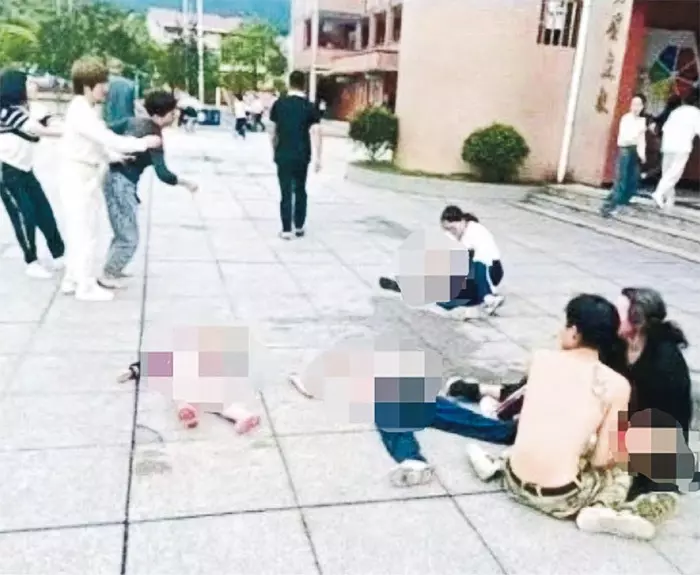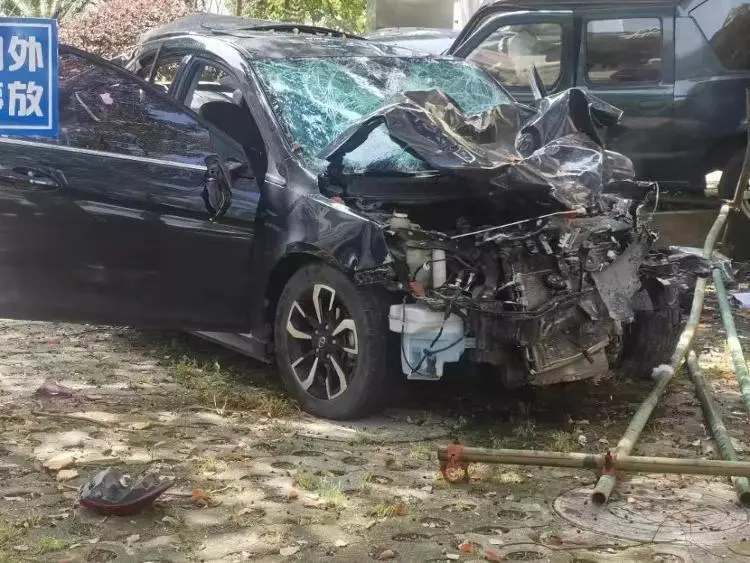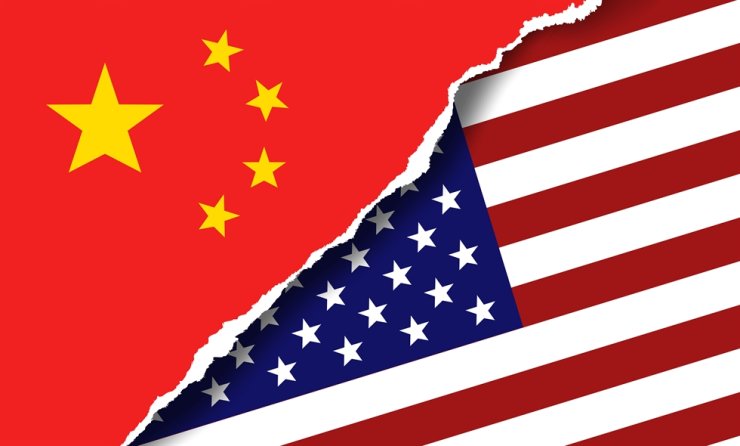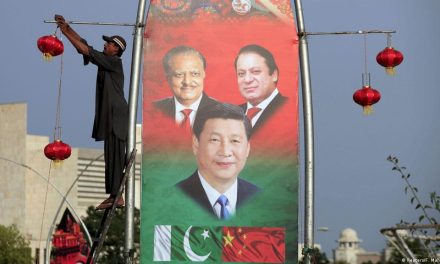By Evan Osborne and Jeanette Tong

Injured people lie on the ground after a reported stabbing attack at Beishan Park in Jilin, China. via X
On June 10, 2024, four U.S. instructors from a college in Iowa were stabbed and hurt in Jilin, China. According to local police the suspect bumped into one of the Americans while walking in the park, and proceeded to stab the instructor and three other U.S. instructors, as well as a Chinese passerby who tried to intervene.
Five innocent victims fell wounded, a horrific scene that would send shivers down anyone’s spine.
American media outlets immediately reported this heinous event, broadcasting it widely. In stark contrast, Chinese media maintained a deafening silence. Related videos and discussions on social media were promptly deleted. As usual, this terrifying incident was erased from the meticulously curated lives of Chinese citizens.
The Chinese authorities did respond to press inquiries, claiming the perpetrator was recently unemployed and had a verbal altercation with the victims after a collision, which escalated into violence. The details of the attacker’s unemployment are crucial; the Foreign Ministry cannot dismiss this as a mere “random” public-order case. The attacker’s extreme actions, driven by resentment over job loss, indicate not only personal psychological issues but also the grim reality of China’s economic downturn and rising unemployment over the three years since the pandemic.
With strict gun control, China experiences far less gun-related violence compared to the U.S. However, amid economic decline, the former pandemic restrictions, a still-bleak job market, harsh government policies, and violent law enforcement, the country has seen a surge in knife attacks and vehicular assaults recently. Examples from this year include:
– May 20: A stabbing spree at Mingde Elementary School in Wenfang Town, Guixi City, Jiangxi Province, left two dead and ten injured.

via Weibo
– May 20: In Chenzhou, Hunan Province, a man with a knife killed three and injured several others.
– March 19: Three cities – Shenyang in Liaoning Province, Taizhou in Zhejiang Province, and Beijing – witnessed vehicular attacks, resulting in at least three deaths and dozens of injuries.

In Taizhou, a student drove a car into a group of people on a college campus, resulting in 3 deaths and 16 injuries. via Weibo
– March 12: A driver in Guangzhou indiscriminately hit over ten people.
Suicides by jumping off buildings or bridges have also surged this year due to immense social pressure. In some areas, measures such as covering bridges with curtains, stationing bridge guards, and installing spikes aim to prevent such incidents. The social stigma against such violence, directed against the self or others, is declining.
How does this self-proclaimed efficient and omnipotent government address these random acts of violence? Unlike the West, which employs psychological counseling, public discussions, and memorials, the Chinese government’s method is to “FORGET.” They swiftly clean up scenes that might trigger memories, much like relocating in Wuhan seafood market, burying derailed high-speed trains, and erasing all memory of COVID-19. Discussions about these events are forbidden. The West often finds China’s social phenomena baffling. The CCP has presided over the deaths of tens of millions since its rise to power, yet its people continue to support it staunchly. This “forgetting” is one of its most effective tools; any tragedy, once forgotten, allows the regime to persist.

Beyond forgetting, another effective governance method is “diverting hatred.” The stabbing incident is a manifestation of this tactic. Xi Jinping and his vast cadre of obedient underlings publicly advocate for Sino-American friendship and increased exchanges between the peoples of both nations. Internally, however, they utilize every propaganda channel, from official media like CCTV and The People’s Daily to social media like WeChat and Weibo to spread anti-Western, particularly anti-American, sentiment. They lead the Chinese populace to believe that their economic woes and youth unemployment stem not from government incompetence but American sanctions, driven by fear of China’s rise.

In 2021, China’s state television broadcasted news promoting the idea that the United States held eight global “firsts”:
1. The world’s number one country in failed protests.
2. The world’s number one country in political blame-shifting.
3. The world’s number one country in pandemic spread.
4. The world’s number one country in political division.
5. The world’s number one country in excessive currency issuance.
6. The world’s number one country in pandemic-induced instability.
7. The world’s number one country in spreading false information.
8. The world’s number one country in origin-tracing terrorism.
The Jilin stabbing incident is being referred to by some perceptive Chinese as a Second Boxer Rebellion. The original version saw desperate Chinese rebels target foreign nationals instead of their oppressive Qing rulers, driven by the belief that foreigners caused their suffering. The Qing government initially condoned the killing and hoped to use the power of the Boxers to support the Qing Dynasty and eliminate foreigners. Yet, even today, the brutal acts of the Boxers receive little condemnation from the Chinese public.
The Jilin incident has for now dealt a blow to any hope Xi Jinping might have had of restoring civilian exchanges with the United States. Despite the Foreign Ministry repeatedly alleging that this was an “isolated incident” and that foreigners should not doubt the safety of traveling to China, public hatred towards foreigners has intensified due to CCP propaganda. Before the video of the Jilin stabbing incident was removed from Chinese social media, it received numerous likes, and the comment section was filled with praise for the attacker as a “national hero.”
It is likely that China’s window of welcome for foreigners and their knowledge since the late 1970s is now closing. Should you still want to visit such a new China? You may not be welcome if you do.
EVAN OSBORNE is a professor of economics at Wright State University and the author of MARKETS WITH CHINESE CHARACTERISTICS: ECONOMIC LIBERALISM IN MODERN CHINA (2024).
JEANETTE TONG is a research fellow at CITIZEN POWER INITIATIVES FOR CHINA.
























